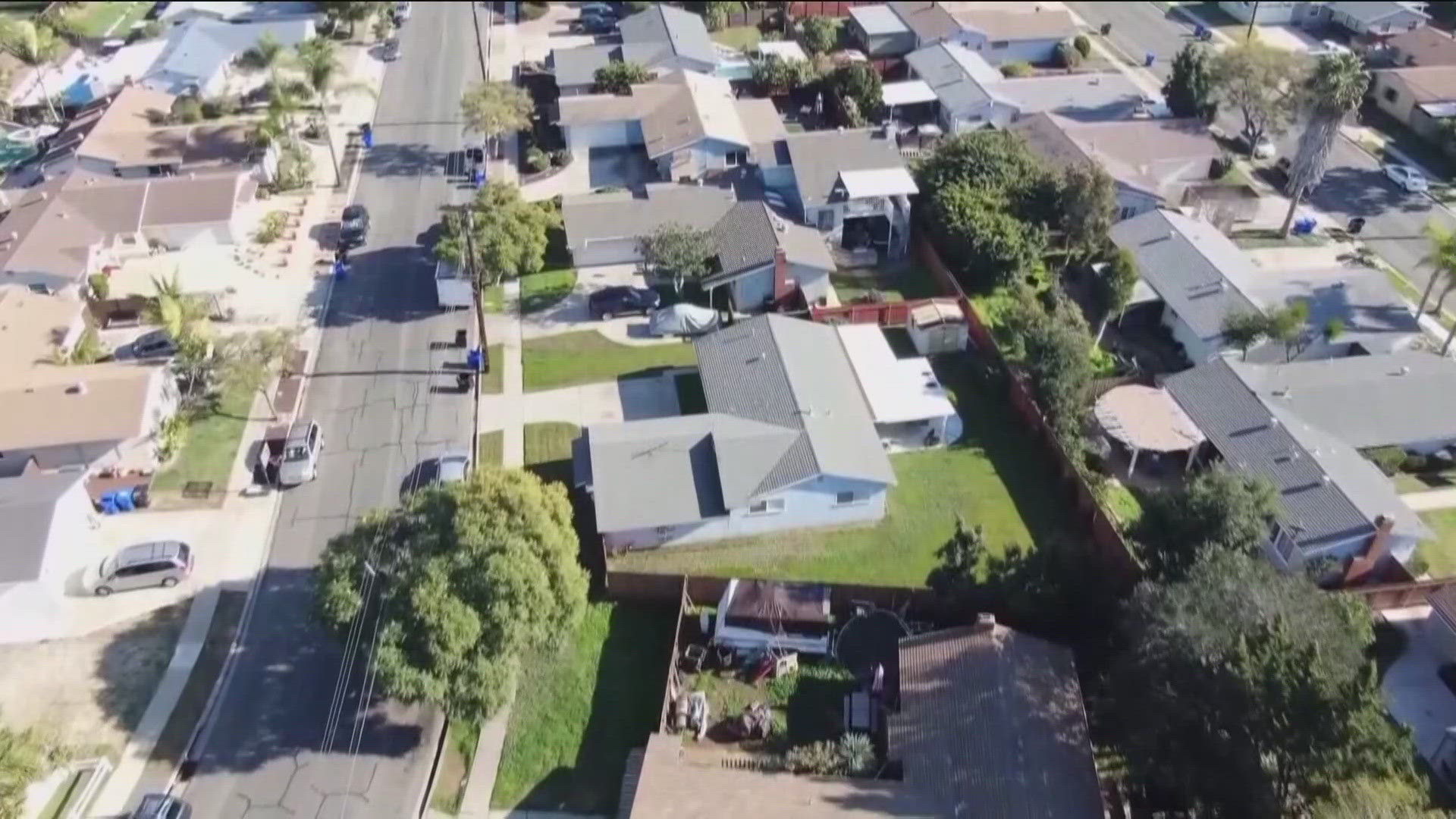More insurance changes are underway.
This time, they're impacting earthquake policies.
California is no stranger to earthquakes. Yet despite their likelihood here, earthquake insurance isn't required, and only about 10% of residents actually have it.
If you're one of them, chances are, your policy is with the California Earthquake Authority, which provides the majority of earthquake insurance in California.
They've been sending letters to customers letting them know about a series of policy changes.
Among them: Instead of covering $200,000 worth of personal property, all policies will now only cover up to $25,000.
Plus, if your home was built before 1980 and isn't retrofitted, or if your home is worth more than $1 million, you no longer have the option of paying a 5% or 10% deductible. The minimum has jumped to 15%.
The changes went into effect last August for new policies and last November for policy renewals.
“California Earthquake Authority is trying to keep their books balanced,” said Amy Bach, Executive Director of United Policyholders, a nonprofit that specializes in the insurance industry.
She explained why policies are changing.
"They ran into the same problem that regular insurance companies are having, which is that the reinsurance that they have to buy for the really high dollar risk is gotten very expensive," said Bach.
CEA cites high levels of inflation and rising construction costs as factors as too, telling customers on their website: "Changing our insurance policy options will help offset unprecedented significant premium increases for CEA policyholders in the future, keeping earthquake insurance more affordable for Californians."
Estimates vary, but on average, Californians pay $739 a year for earthquake insurance.
Bach said while the recent policy changes are intended to keep premiums down, she anticipates they, too, will go up.
She also fears it will deter more homeowners from opting out of earthquake coverage.
Prior to the 1994 Northridge quake, people's homeowner's insurance policies could have earthquake coverage attached to it, but companies pulled out because of the cost.
Bach would like to see that system return, saying we need more options for added protection.
"We're going to have to come up with some alternative sources of that kind of catastrophic risk protection, because it's just not healthy economically to have this many homes be vulnerable to economic ruin," said Bach.
WATCH RELATED: Church struggles with expenses after insurance company drops policy because of satellite images

